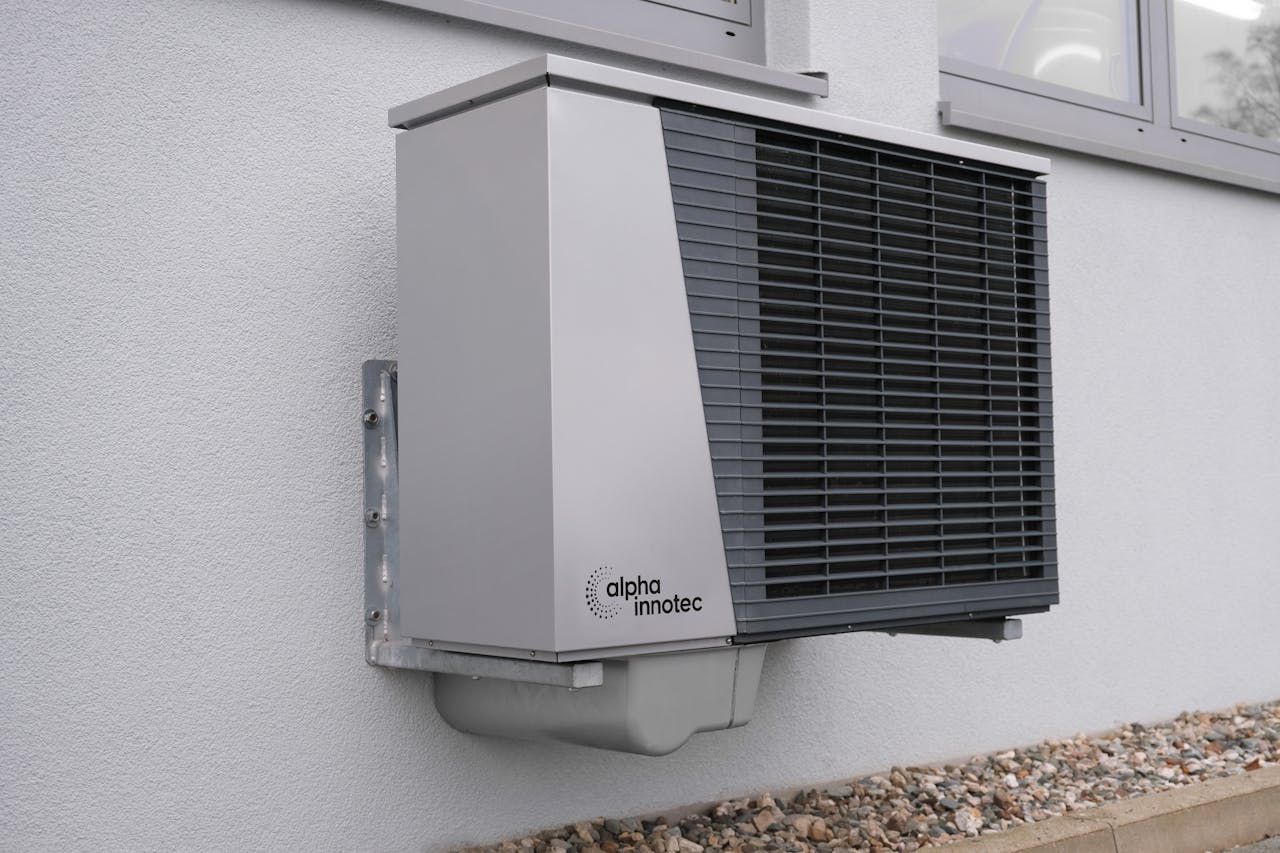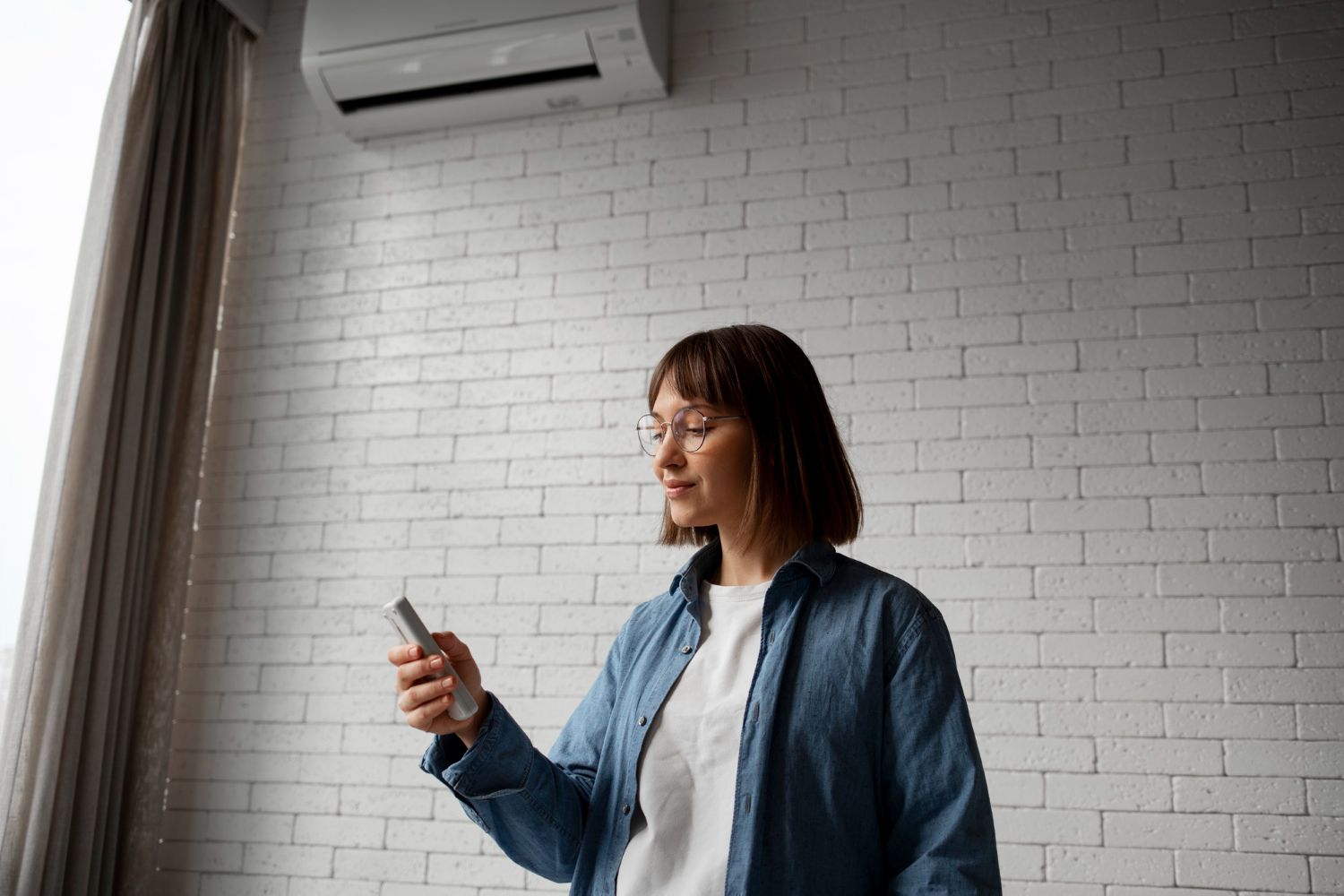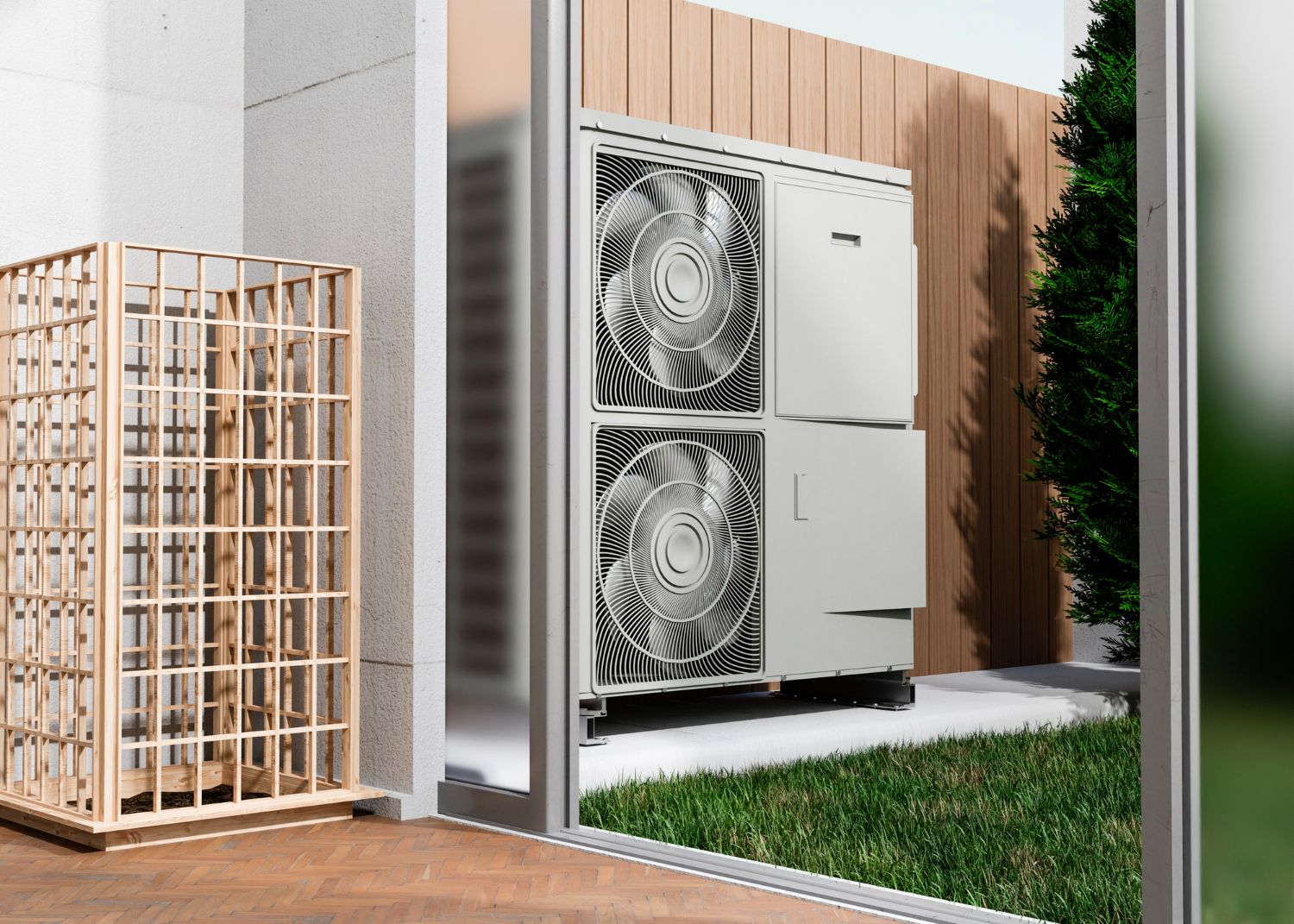
Winter Heating Repairs: Addressing Recurring Issues
As temperatures drop, the need for reliable home heating becomes critical. However, winter brings its own set of challenges for your HVAC system. From unexpected malfunctions to recurring issues, these problems can disrupt your home’s comfort and potentially lead to costly repairs. Understanding common winter heating issues can help you be better prepared and ensure your system operates efficiently.
Common Winter Heating Issues
During the winter, several issues can affect your heating system. Awareness of these problems can help in identifying and addressing them promptly.
1. Inadequate Heating: Many homeowners experience uneven heating, with some rooms being warmer than others. This often results from dirty filters, blocked vents, or malfunctioning thermostats. Cleaning or replacing filters regularly and checking vent obstructions can improve heat distribution.
2. Frequent Cycling: When your furnace turns on and off more frequently than usual, it’s often a sign of underlying problems. Possible causes include a malfunctioning thermostat, an improperly sized furnace, or poor insulation. Addressing these issues early can prevent further damage and reduce unnecessary energy consumption.
3. Strange Noises: Unusual noises such as banging, whistling, or rattling indicate potential issues with your furnace. These sounds often stem from loose or damaged components. Ignoring these noises can lead to bigger, costlier repairs.
4. Pilot Light Problems: For systems that use a pilot light, issues such as the light going out frequently or changing color can indicate underlying problems. A yellow or flickering pilot light may indicate poor ventilation or gas flow issues, requiring immediate attention to avoid hazardous conditions.
By understanding these common winter heating issues, you can take proactive measures to maintain your system and avoid unexpected disruptions.
How to Prevent Heater Malfunctions
Preventing heater malfunctions requires regular maintenance and a few simple actions. Implementing these practices can extend the life of your system and ensure efficient operation.
Regular Maintenance
Scheduling regular maintenance checks with our professionals is key. They will inspect and clean components, check for wear and tear, and ensure everything is running smoothly. Regular maintenance helps identify and address minor issues before they turn into major problems.
Change Filters Frequently
One of the simplest ways to prevent malfunctions is by regularly changing the air filters. Dirty filters restrict airflow, forcing your system to work harder and leading to potential breakdowns. A clean filter improves efficiency and reduces strain on your furnace.
Keep Vents and Ducts Clean
Blocked or dirty vents and ducts can cause your heating system to overwork and malfunction. Ensure vents are open and free from obstructions. Regularly clean ducts to remove accumulated dust and debris. This promotes better air circulation and prevents your system from overheating.
Inspect the Thermostat
Regularly check your thermostat to make sure it is functioning correctly. A malfunctioning thermostat can cause your system to run inefficiently or not at all. Test the settings and consider upgrading to a programmable thermostat for more precise control.
Check for Air Leaks
Inspect your home for air leaks around windows, doors, and other openings. Sealing these leaks with weatherstripping or caulking can prevent warm air from escaping and reduce the workload on your heating system.
By following these preventative measures, you can minimize the risk of heater malfunctions and ensure your home remains comfortable throughout the winter.
DIY Troubleshooting Tips for Homeowners
Tackling minor heating issues yourself can save time and restore comfort quickly. Here are some simple troubleshooting tips that homeowners can try:
1. Check the Thermostat Settings: Ensure the thermostat is set to “heat” and the temperature is set higher than the current room temperature. Replace the batteries if it’s battery-operated. Sometimes, a simple adjustment can solve the issue.
2. Inspect and Replace Filters: A dirty filter can restrict airflow and cause your furnace to perform poorly. Check your furnace filter and replace it if it’s dirty. Regularly replacing filters ensures better performance and efficiency.
3. Clear Vents and Registers: Blocked vents and registers can hinder the distribution of warm air. Make sure all vents and registers are open and free from obstructions. This can help improve your home’s heating.
4. Reset the Furnace: Sometimes, your furnace simply needs a reset. Turn off the power to the furnace, wait for a few minutes, and then turn it back on. This can help resolve minor glitches and restore normal operation.
5. Check for Power Issues: Verify that the furnace’s power switch is turned on. Check your circuit breaker too. A tripped breaker can cut power to the furnace, and resetting it can restore functionality.
By following these tips, you can address some common heating problems on your own. If the issue persists, it might be time to seek professional help.
When to Call in Professional HVAC Technicians
While DIY troubleshooting can resolve many minor issues, some problems require professional attention. Knowing when to call our professionals can prevent further damage and ensure your system is working safely and efficiently.
System Malfunctions or Failures
If your heating system continuously malfunctions or fails to start, it’s time to call our technicians. Persistent issues like these often indicate deeper problems that require specialized tools and expertise to diagnose and fix. Our professionals can identify the root cause and perform necessary repairs.
Unusual Noises or Odors
Strange noises like banging, rattling, or grinding suggest mechanical issues, while odd smells like burning or gas indicate potential hazards. These signs should not be ignored. Calling our professionals ensures the problem is addressed safely and effectively, preventing further damage or safety risks.
Poor Airflow or Uneven Heating
If your home has inconsistent temperatures or poor airflow despite clean filters and unobstructed vents, professionals should investigate. Factors like ductwork issues, fan problems, or an incorrectly sized furnace might be causing these problems. Our technicians can accurately diagnose and fix these issues.
High Energy Bills
A sudden spike in your energy bills can indicate your heating system is working inefficiently. Our professionals can perform a thorough inspection to identify any inefficiencies or issues, helping you save on energy costs and potentially extending the life of your system.
Recognizing these signs and calling in professional HVAC technicians ensures your heating system remains reliable and efficient throughout the winter.
Conclusion
Maintaining a smooth and efficient heating system is crucial for a comfortable winter. From identifying common winter heating issues to implementing preventative measures and knowing when to call our professionals, each step plays an essential role. Regular maintenance and timely interventions can help prevent major breakdowns and ensure your home stays warm and cozy.
Taking proactive steps such as replacing filters, clearing vents, and inspecting thermostats can resolve minor issues. However, some problems require the expertise of trained technicians. Knowing when to involve professionals can make all the difference in maintaining an efficient and safe heating system.
For comprehensive HVAC solutions, including furnace repair in Orem, UT, trust One Stop Heating and Air Conditioning in Sandy, UT. Our skilled professionals are ready to assist with all your heating needs, from repairs to maintenance. Contact us today to keep your home warm and comfortable all winter long.








